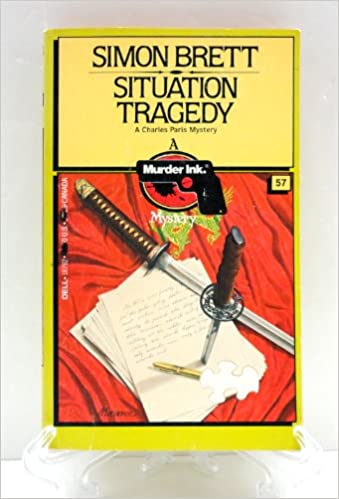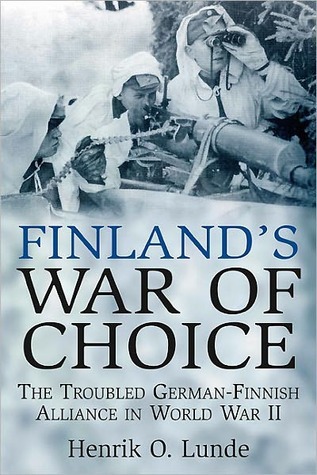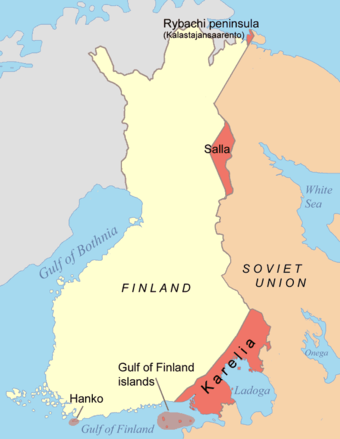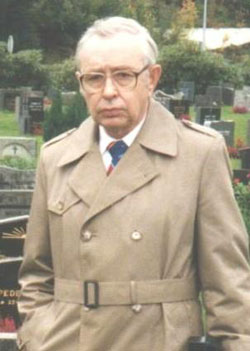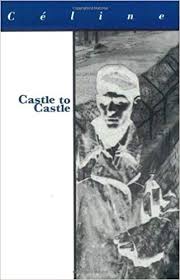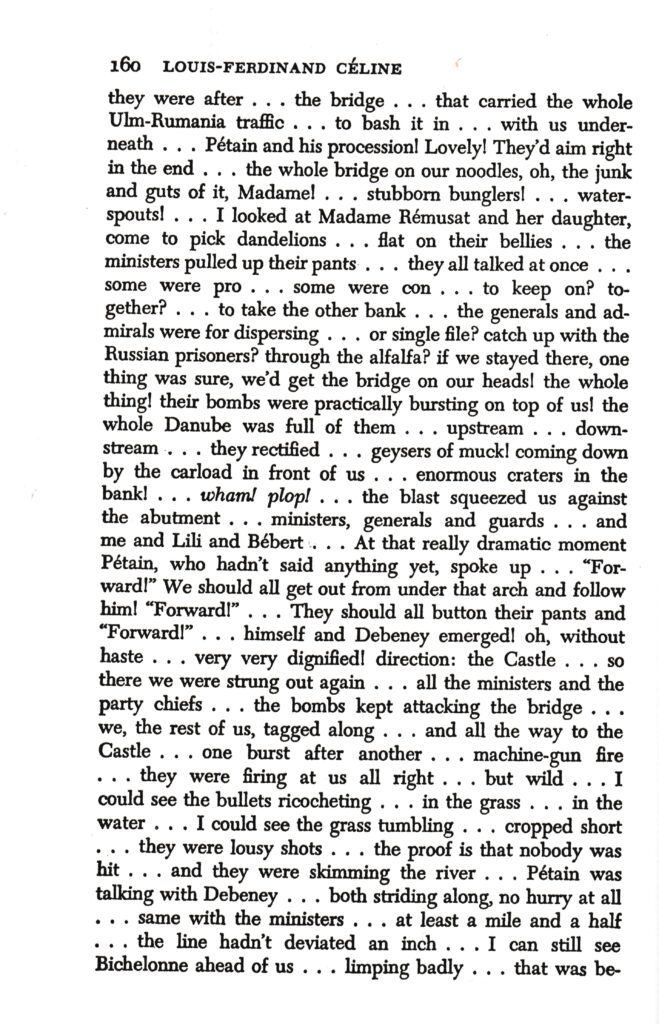GoodReads meta-data is 186 pages, rated 3.70 by 165 litizens.
Genre: krimi
Verdict: Action!

Charles Paris is fifty something, living alone in a bedsit, scraping a living by acting in provincial theatres and anywhere else there is a fee. He frequently thinks of contacting his ex-wife with a view to reconciliation. But.., well, the time never seems right what with drinks after work or drinks before work or drinks with no work, and then there are the ingénues about, and Charles is ever hopeful and occasionally lucky.
In this outing his ship has come in, and he is contracted as a continuing, albeit very minor character, in a television situation comedy that – with its all-star cast (a list that certainly does not include Charles) – is sure to be a hit. With this income, Charles is expansive, and optimistic, in a guarded way. Sure enough it is all too good to be true. The tyrannical floor manager falls down stairs and dies. Too much drink ruled the police. See above about drinks before, during, and after work. She was a dragon but she did the job well. leaving singed egos behind. Still the show had to go on, and it did after a two-day gap.
Then the annoying director, who seemed to think this sit-com would show Michelangelo Antonioni a thing or two with pretentious camera angles and artistic pauses, totalled his brand new Porsche and himself with it. Another hiatus for sure, but a new director is found – one who by contrast is no nonsense and with his four-letter word impetus the time lost is regained (eh Marcel) and the show keeps going on. In each episode Charles has three or four lines and one or two movements as a golf club barman (seen only from the waist up).
He passes the time on the set while others work by watching the mechanics of filming and thinking about those two deaths, when …. Yep there is a third. A light standard fell on the writer. Wallop! Sad and bad, but well there are plenty more sit-com writers out there and a husband-and-wife team come on board to do that duty, proving to be even more annoying to one and all than the late director. Not all the clowns are in the circus. Why did they remind me of the repute of Gerry and Sylvia Anderson?
The mechanics of television making are well integrated into the plot and characters of the protagonists. And fascinating in their own right.
On each occasion plod rules the death an accident and leaves it at that, though in the last case plod briefly makes an effort to implicate a well known local stirrer but to no avail. All those cameras on the location shoot clearly show he was never anywhere near the light standard. The failure to bang him up irritates the plod so much its members are even less inclined that usual to entertain Charles’s suggestion that all these accidents are not accidents but are connected in some way.
The plot is a corker: this jaded hack did not see it coming until it came.
Punctuated throughout in his alcoholic reveries are reviews of past productions that mention him, e.g.,
‘Charles Paris makes a nearly passable Estragon,’ Sudbury Chronicle.
‘Charles Paris played Baron Hardup, and lost,’ Worthing Herald.
‘It was hard to tell whether Charles Paris’s curled nostril was a response to the farmyard smells or to the script,’ Hampstead and Highgate Express.
‘Charles Paris seemed unsure as to whether he was Rosencrantz or Guildenstern and, quite honestly, the way he played the part, who cared?’ Romford Recorder.
‘Charles Paris’s character died of a heart attack towards the end of Act One – a merciful release for all concerned,’ Malvern Gazette.
‘Charles Paris’s accent kept slipping like a recalcitrant bra-strap,’ Teeside Evening Gazette.
‘With Charles Paris representing the Soviet opposition, democracy will be safe for a good few years,’ Observer.
‘Charles Paris looked as if he’d wandered in from another show (and would rather be back there),’ Eastbourne Herald.
Ah, but they all mention his name and that in itself is good publicity.
This is seventh in a long running series about the (mis)adventures of Charles in the theatrical world of England, Scotland, and Wales. He has yet to make it to Northern Ireland in my ken. I have read several over the years and always enjoy the thespian environment, Charles’s modesty, and the ingenious plotting. He acts in television commercials, television sitcoms, movies, radio and tv commercials, audio tapes, radio dramas, corporate events, on site, in studios, on location, in the West End, in the provinces wherever there is a cheque to be had.
But I do find his love affair with scotch repetitive and boring padding.

Simon Brett is a one-man industry with at least four other multi-volume sequences with other protagonists and other settings.

